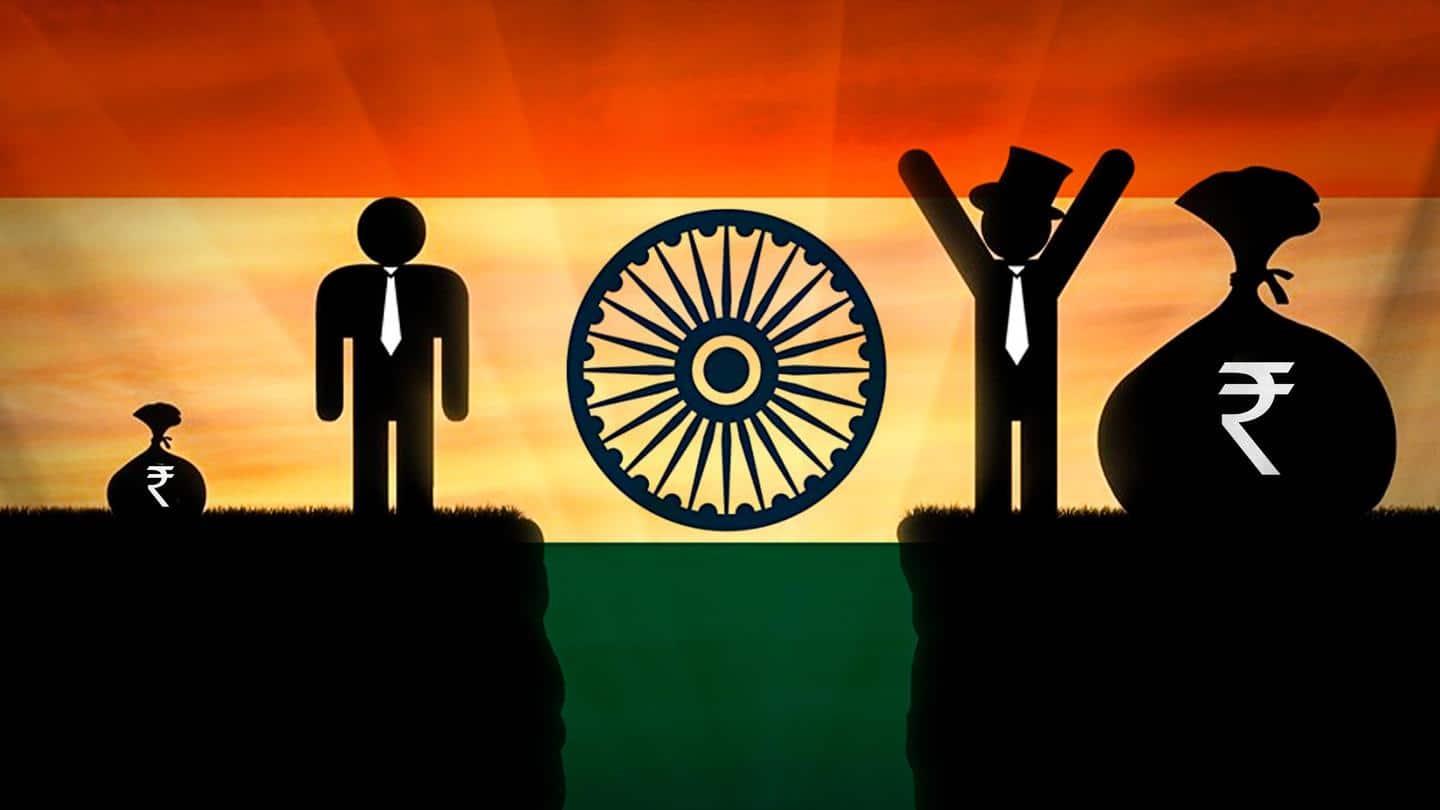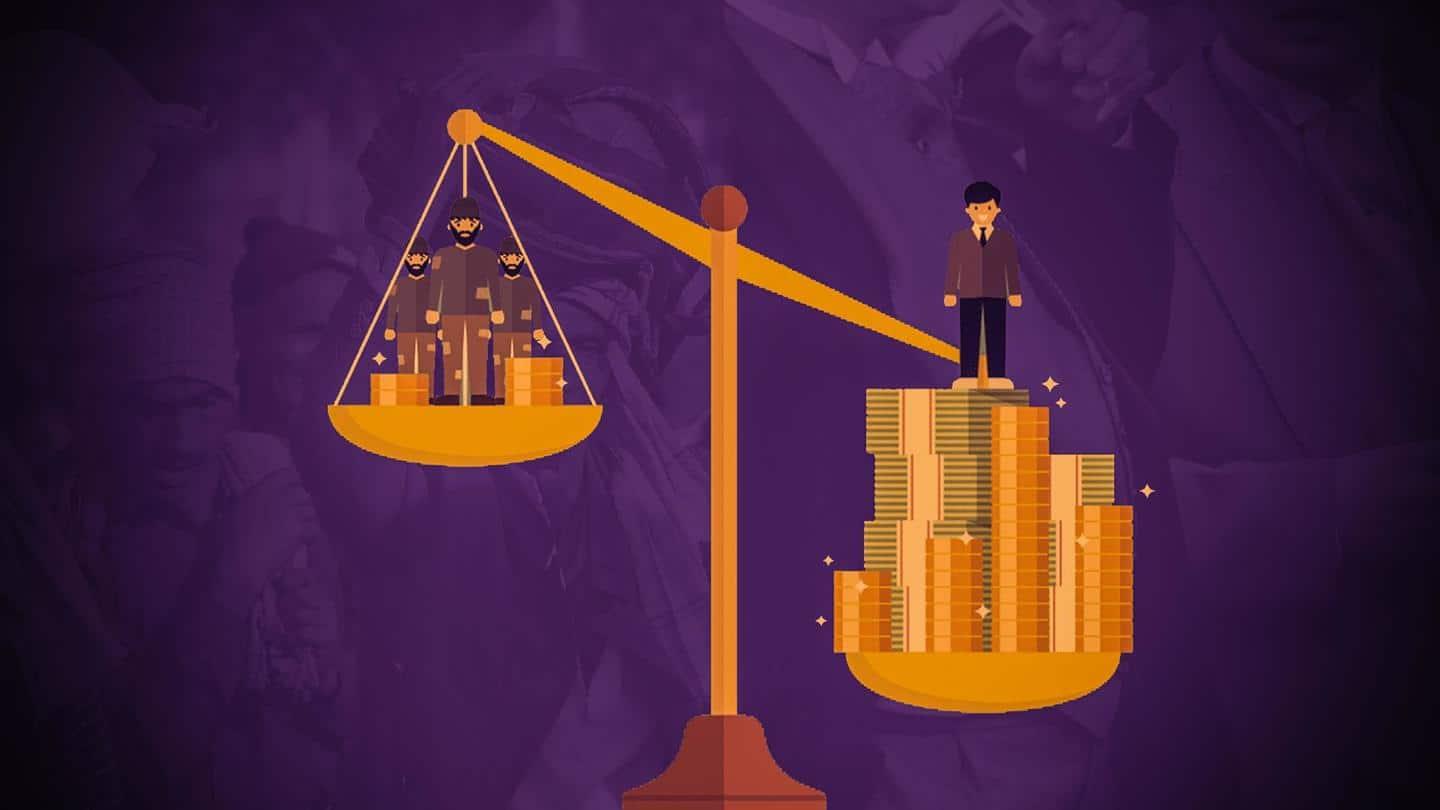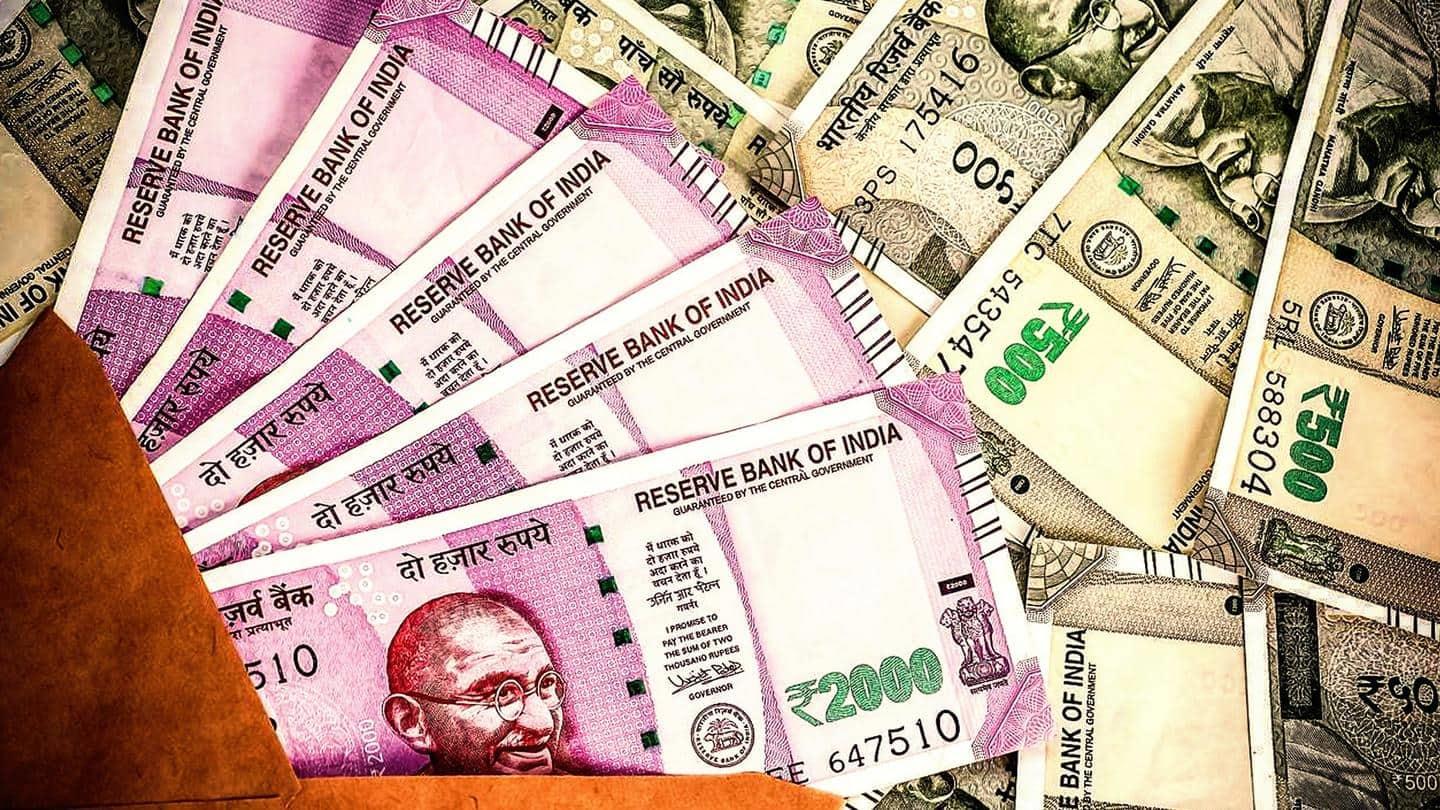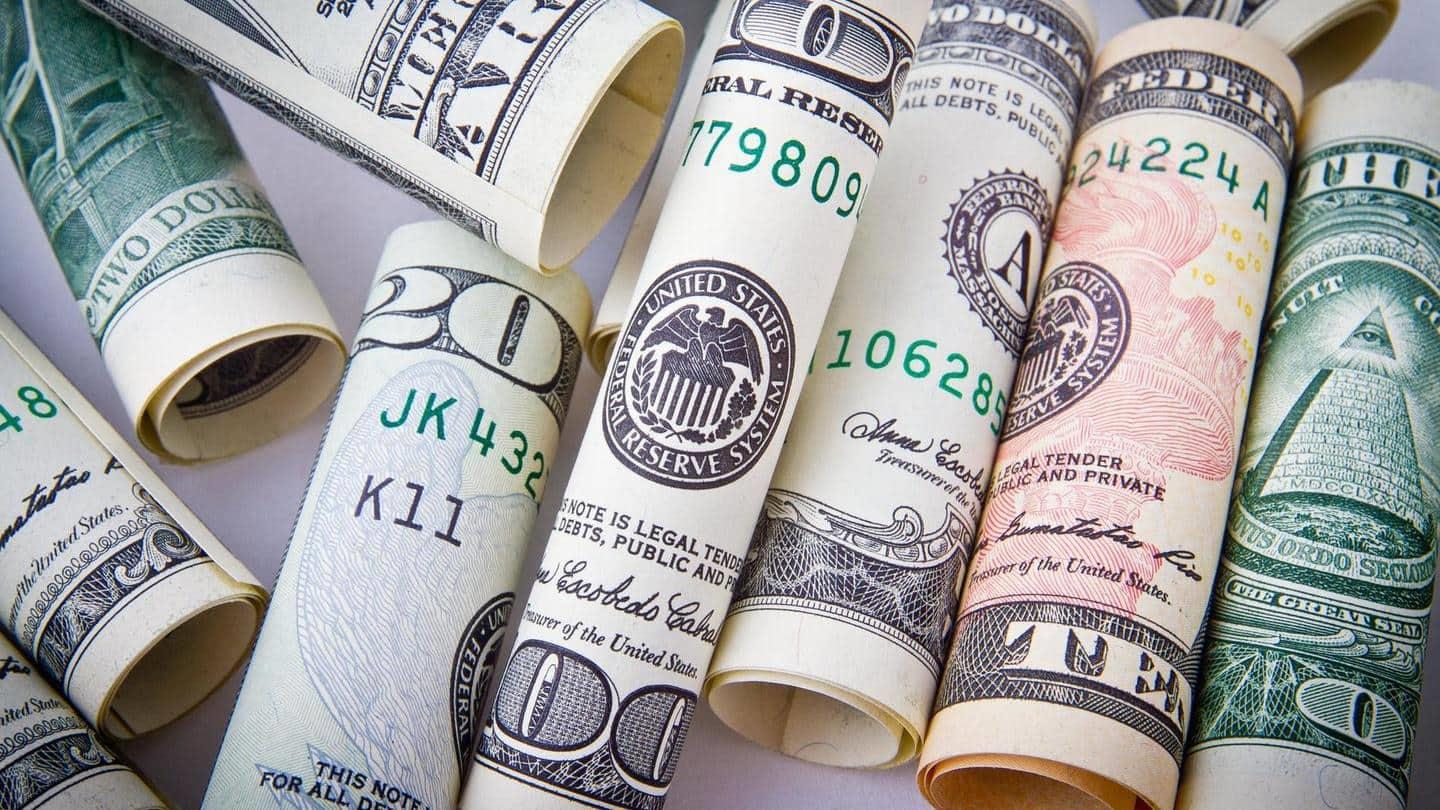India's richest 10% hold 57% of national income: Inequality Report
Date
12/18/2021 1:09:24 AM
(MENAFN- NewsBytes)
India stands out as a 'poor and very unequal country, with an affluent elite,' according to the World Inequality Report 2022. The wealthiest 10% of the population owns 57% of India's income , found the report. On the other hand, the poorest 50% held just 13% of the national income. The report also indicated a reduction in global income in 2020.
Context Why does this story matter?
Income inequality has worsened in India and globally, especially during the COVID-19 pandemic. The income share of the richest 1% of the world population rose from 11% to 21% between 1990-2019, according to the World Inequality Lab. Incidentally, 2020 recorded the sharpest rise in billionaires' wealth. The report suggests that private entities became richer over the last 40 years, while governments became poorer.
India Richest 1% hold 33% national wealth

India's middle class is comparatively poor holding an average wealth of Rs. 7,23,930 (29.5% of the national total). The richest 10% and 1% respectively own 65% (Rs. 63,54,070) and 33% (Rs. 3,24,49,360), respectively. Overall, India's adult population earned an average yearly income of Rs. 2,04,200 in 2021. The bottom half of the population notably earned a meager Rs. 53,610.
India Average household wealth at Rs. 9.8 lakh

In India, the average household wealth is Rs. 9,83,010. However, the bottom half of the population holds an average wealth of just Rs. 66,280. Since 2014, the pre-tax national income share of the top 10% and the lowest 50% has remained relatively steady. The quality of the government's inequality statistics has significantly dipped, the report said. This impedes the assessment of current disparity changes.
Data What does government data say? According to the NITI Aayog 's new Multi-dimensional Poverty Index (MPI), one out of every four Indians is multi-dimensionally impoverished. Bihar has the highest proportion of persons who are multi-dimensionally poor (51.91% of the state's population), followed by Jharkhand (42.16%), and Uttar Pradesh (37.79%).
World World's poorest half holds 2% wealth

Global inequalities are nearly as high today as they were during the Western Imperialism era of the early 20th century, the report said. The poorest half of the world's population 'barely owns any wealth,' with only 2% of overall wealth, it said. The richest 10% of the world's population controls 76% of all wealth, it added.
World Inequality worst in Middle East and North Africa The Middle East and North Africa (MENA) are the world's most unequal regions, while Europe has the lowest levels of inequality. In Europe, the wealthiest 10% of income earners account for roughly 36% of total income, whereas, in MENA, they account for 58%. In East Asia, the top 10% earns 43% of total income, whereas, in Latin America, the top 10% earns 55%.
Private sector Governments have become poorer Even as countries have amassed wealth over the past 40 years, their governments have become poorer, especially during the COVID-19 pandemic. Wealth held by public actors is nearly zero or negative in rich countries, the report said. Most of the wealth sits in private hands. During COVID-19, governments borrowed 10-20% of their Gross Domestic Product (GDP ) from the private sector, the report added.
Drawbacks What happens if income inequality persists?

Income inequality may be an indication of a lack of income mobility and opportunity, as well as a reflection of long-term disadvantage for certain groups in society, according to a 2015 International Monetary Fund (IMF ) study. It limits political and decision-making power to a few people, thus negatively impacting growth. It can also stifle investments by causing political and economic instability.
Share this timelineMENAFN18122021000165011035ID1103391894

Legal Disclaimer:
MENAFN provides the information “as is” without warranty of any kind. We do not accept any responsibility or liability for the accuracy, content, images, videos, licenses, completeness, legality, or reliability of the information contained in this article. If you have any complaints or copyright issues related to this article, kindly contact the provider above.